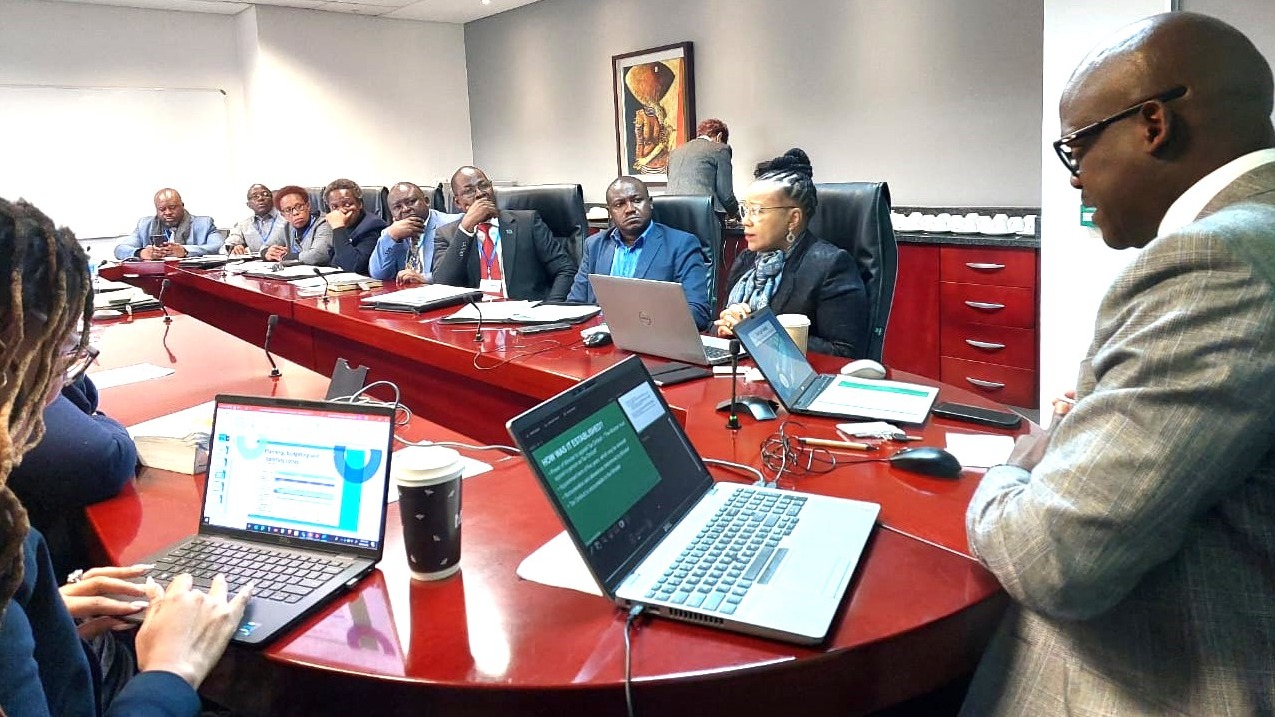Upatanishi
Mediation is one of preexisted method of disputes resolution which entices a voluntary process in which an impartial person (the mediator) helps the communication between the parties in an attempt to help the parties to reach amicable decision in attainment of a mutually acceptable agreement.
Mediation is normally the next step should negotiation proves unsuccessful.
The mediator manages the process and helps facilitate negotiation between the parties. A mediator does not make a decision nor force the parties to reach an agreement. The parties directly and actively participate and negotiate their own settlement or agreement.
At the beginning of the mediation session, the mediator will describe the process and ground rules that govern the process.
The parties, or their lawful representatives have an opportunity to explain their views and opinions of the dispute. Mediation helps the parties to grasp clear and better understanding of the other side point of view. Sometimes the mediator will meet separately with each side. Separate “caucusing” can help address emotional and factual issues as well as allow time for receiving legal advice from your attorney. Mediations are generally held in the office of the mediator or another place agreed by the parties to be a neutral location.
Agreements can be crafted and tailored to meet specific needs. It could be reached a solution that might not conform available forms of court decisions. For example, if someone owe someone money but don’t have the cash to repay, Instead of preferring the matter court for redress, mediation as a system of alternative dispute settlement method could come into play and assist the parties to reach amicable settlement and this may include trading something you have for something the other party wants. If an agreement is reached, it will generally be reduced in writing (deed of settlement). Most people uphold a mediated agreement because they were a part of making it. If a lawsuit has been filed, the agreement is typically presented to the court as an enforceable order. If no lawsuit has been filed, the mediation agreement can become an enforceable contract. If no agreement is reached, you have not lost any of your rights, and you can pursue other options such as arbitration or going to trial.
When and How to Mediate: When one is discontented with the other person are unable to find an amicable resolution to her dispute by herself, one may seek the assistance of a mediator who will help access to the other party and explore ways of resolving their differences. One may choose to go to mediation with or without a lawyer depending upon the type of and complexity of the problem. One may always consult with an attorney prior to finalizing an agreement to be sure that the decision reached was made fully informed decisions and all the rights are protected.
Sometimes mediators will suggest the path to take in an attempt to reach timely decision. Mediation can be used in most conflicts, ranging from disputes between consumers and merchants, landlords and tenants, employers and employees, tax payer and tax man or complex business disputes or personal injury matters. Mediation can also be used at any stage of the conflict, such as facilitating settlements of a pending lawsuit.
Access to Service: Person who is well versed with the subject matter at dispute, Attorneys and other people are trained to mediate and usually this is done for fee in an attempt to attain fair and impartial glance on the matter at dispute. As a matter of practice parties are set at liberty to elect mediator of their choice and or an institution that shall take over the dispute. Parties may opt a mediator who is knowledgeable about the subject matter of their dispute. In the course of selecting a mediator, one should always stay assured of competence and check their credentials and get references.
Characteristics of Mediation:
- Promotes communication and cooperation
- Provides a basis for you to resolve disputes on your own
- Voluntary, informal and flexible
- Private and confidential, avoiding public disclosure of personal or business problems
- Can reduce hostility and preserve ongoing relationships
- Allows parties to avoid the uncertainty, time, cost and stress of going to trial
- Allows parties to make mutually acceptable agreements tailored to meet parties needs
- Can result in a win-win solution




